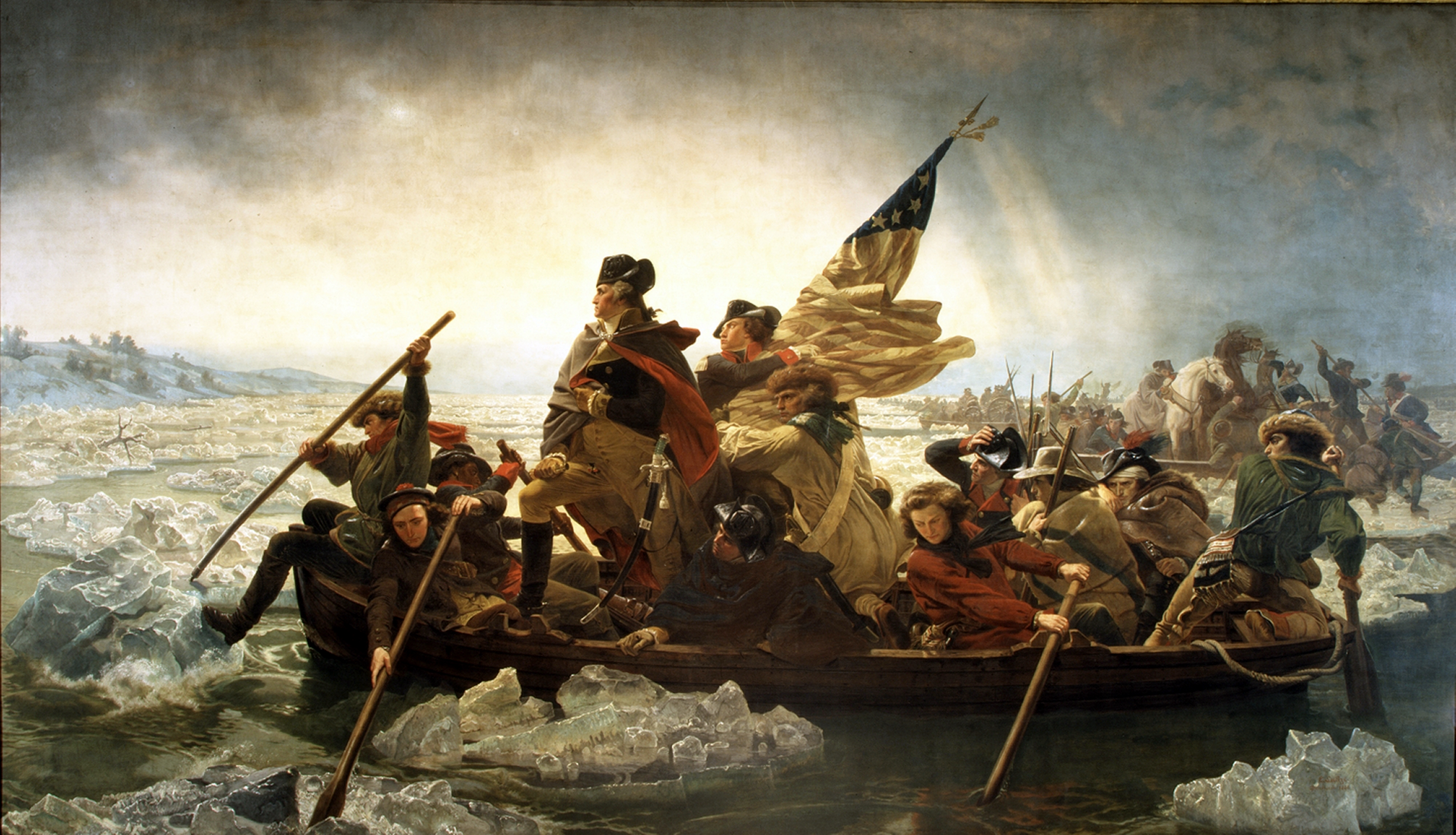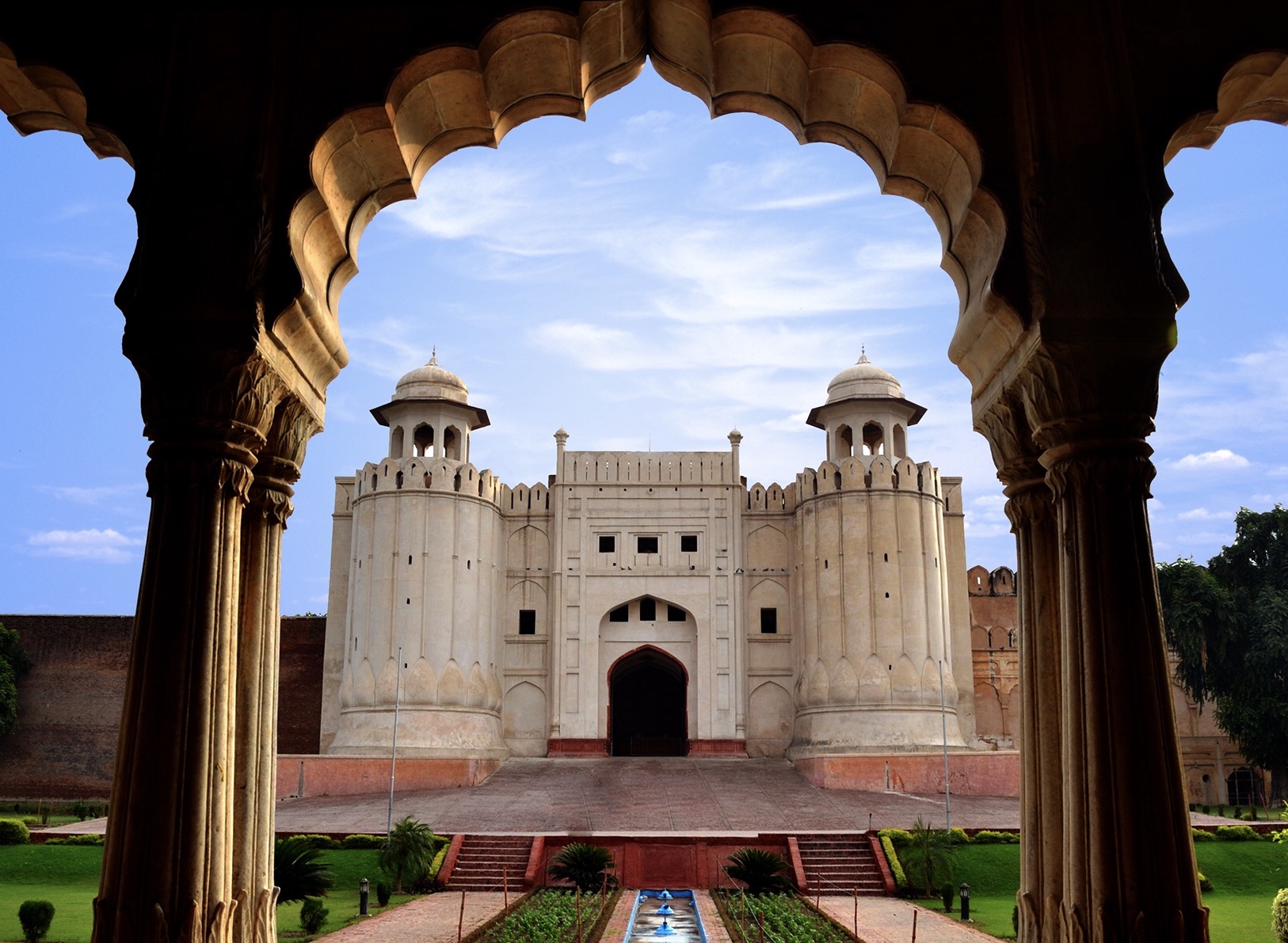When I
was twelve years old a schoolfriend confessed to me that he would
like to kill someone with his bare hands. “I wish people fought
like that these days” he said wistfully as we walked across a sun-dappled
schoolyard, oversized backpacks flung over one shoulder. “Bows and arrows,
swords, spears. It was so much more manly when they fought like that.”
I
probably nodded. In fairness to us The
Two Towers had just come out in cinemas and if there’s anything that might
get a twelve-year-old boy full of bloodlust it is watching men standing
in the rain personally mowing down thousands of faceless orcs with a sword as
they shout things and stand for the truth and justice and the like. Watching
those movies had an overpowering effect for many boys of my age that wouldn't
be matched until girls made their appearance a couple of years later. It is so embarrassing
now that we don’t much want to interrogate it other than make the odd self-deprecating crack
about grown men being overwhelmed by the sword fights on Game of Thrones. I contend that if we did we might understand our
political moment a little better.
It can’t
have escaped the notice of anyone who has trawled Wikipedia for history
articles that those on military history are far and away the best-researched.
Obscure battles from World War II have every regiment that fought
in them with all their insignia perfectly accounted for. The equipment of a
Sassanid infantryman from 500AD is lovingly detailed. I would commend the
curators of these pages for their commitment to the full documentation of human
knowledge if I didn’t recognise in that online imbalance toward all things
martial the child in me who desperately wanted to wield a sword in a
Tolkienesque battle. The idea that I am not the only one is slightly
disturbing.
The
modern wannabe warrior is a relatively well-documented and mocked stock
character: think of Mark Corrigan of Peep
Show complaining that his girlfriend would be more impressed if he took
MDMA than if he had fought at Goose Green. While the sense of having missed a time
when men were men is famously keen amongst internet dwellers who favour Trilbys
and trolling, it is also probably present in the depths of far more men’s psyches than they
would like to admit. The child who adores the violence of Star Wars and Lord of the
Rings will perhaps never entirely leave us.
The
sense of having lost a world of honour, manly single combat and heroic struggle is
hardly new. The Greeks lived under the intimidating shadow of Homeric
warfare: the futile suicide of Sophocles’ Ajax has all the hallmarks of a society
anxious about the loss of an honour code in a new era of doubt and relativism. The
political scientist Robin Archer gave a fascinating
account of how the left wing movements of Europe opposed the outbreak of
the First World War right up to the point where the language of medieval honour
codes was introduced into public discourse, at which point the Victorian
schoolboys inside them all appeared to cave in and they were foaming for war with
the best of them.
The susceptibility
of even intelligent and modern men (and I am talking about men) to these swords-and-sandals lapses is scary to me because of how rarely we might admit to it in
public. We do understand how stupid it is, but show me King Theoden riding
along his battle line screaming his battle cry and something deep inside me
stirs. Were we to start talking about this little boy more openly, we might
also be able to talk about two bogeymen of the modern liberal world, Donald
Trump and ISIS, more effectively.
Imagine
in two hundred years’ time you are an American citizen living in a nation
dominated by China. Imagine a preacher comes along who tells you of the
founding fathers and the war they fought against tyranny. Imagine the sense of
the lost empire of greatness, the Númenor sunk beneath the waves that can be
dredged up again by men of equal martial prowess and honour. It would be
entirely to miss the point of Jefferson and Hamilton if America were to become
the lost medieval kingdom of King Arthur, but that is what on some level Trump
is offering: the return of the king. The return of a time when men were men,
evil was confronted, swords
were unsheathed with a proper schiingg sound
rather than the damp P.C. squelch they seem to make these days.
What I
am painting is the birth of the American ISIS, with the founding fathers as the
Salaf, the Rashidun, the rightly-guided: not because their argument was correct
but because they won the war. The caliphate, we must remember, is as much a civilisational
argument as a religious one. There is a reason jihadis carry swords, and
have themselves photographed on horseback. They are historical re-enactment societies
gone crazy. Their argument is that the caliphate once dominated the world, that
it was run by proper honourable men, and that weakness, foreigners and effeminacy
destroyed it. But it can be reclaimed. How far different other than by scale is
that to Trump’s appeal?
In
Moshin Hamid’s 2007 novel The Reluctant
Fundamentalist the narrator Changez (whose name appears to be a pun on what
he does during the novel, but is more significant for being the Urdu version of
“Genghis”) frequently suffers these kinds of reveries.
We built
the Royal Mosque and the Shalimar Gardens in this city, and we built the Lahore
Fort with its mighty walls and wide ramp for our battle-elephants. And we did
these things when your country was still a collection of thirteen small
colonies, gnawing away at the edge of a continent.
I read
the book in 2009, and only now does Hamid’s real insight hit me. For Changez
the reason to hate America was never religious. The point was about
civilisations: it was about the pride of his civilisation dented by long
supplication, it was wanting another Mughal Empire to rise and defeat its
foreign conquerors, build more Tajs Mahal. The religious element is only
important in this view as long as it supports that sense of cultural revanchisme, just as for Trump supporters
Christianity has more to do with a lost America than it does with a pacifist
Galilean carpenter. It is not for nothing that in the days following 9/11
Changez imagines New York as a castle, and the army heading to Afghanistan as an
avenging horde storming out of its gates. He may think of himself as modern,
but his imagination is thoroughly medieval, and his lack of self-awareness on
this point will ultimately lead him down his path of vengeance.
If we are going to face up to the challenges in the new reactionary
feelings that will continue to sweep the globe as globalisation and modernity
continue to deny us our certainties, we will have to start by acknowledging these
impulses in ourselves. Am I disgusted at the ultra-violence on Game of Thrones? Yes. Do I still feel a
little childlike thrill at the drawing of a sword? Yes. Can I do anything about
it? I have my doubts. But at least I can tell people I feel that sense of
longing for a simple and confrontational world, shameful as it is. Half of our
democratic polity is made up of women, who for obvious reasons have very little
sense of connection to that world and won’t understand that pull unless we make
it clear.
More than this we have to have an argument about dignity.
If America is going to avoid the hypermasculine idiocy of a lost imagined past,
and Sunni Islam is going to reject the empowering fantasy of a reborn Salafi
civilisation, then the elites in charge of those societies have to work out a
way to talk to the desires that make those visions attractive.
White Americans
want to find a sense of dignity in a changed world, and unless they are
praised, loved and raised up by their media and government, they
will look back to a time when they seemed to have that honour. Islamic society,
prostrate under colonialism and economic stagnation for so long, will need to be praised
and honoured as the successor to the Abbasids with the modern equivalent of the
tolerance and learning of that society. In the end only being treated with
dignity and as genuine equals will prevent young men from trying to force that
respect with violence. From the ganglands to the Fertile Crescent this has
proven true. If we were to seriously discuss the history of the caliphate we might be better at seeing wannabe jihadis from Bradford as the crazily misguided Tolkien re-enactors they basically are.
The honour society is gone. It is less than Falstaff’s air,
the mere memory of a breeze. But those who think that they can just ignore the
child within them calling for blood and dragons and sword fights and honour are
missing the point. Ignore it in yourself and someone else will issue the
clarion call for those who will still listen.



No comments:
Post a Comment